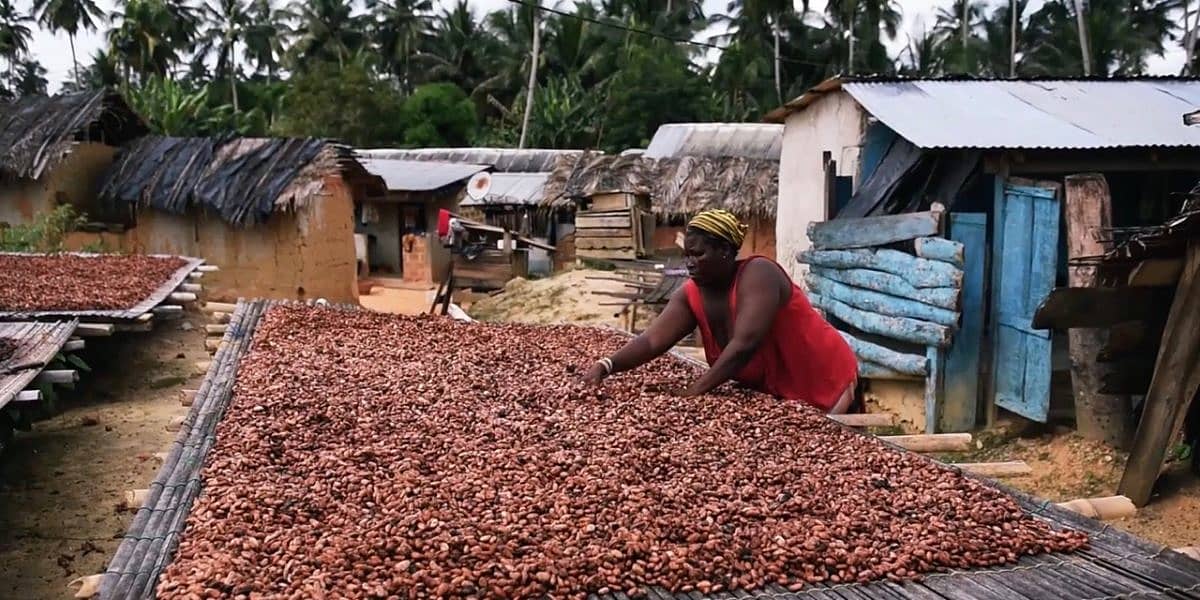
Supply chain and responsible sourcing
Bringing good to our global supply chain
Our responsibility makes a difference
We use our presence in more than 25 countries to help protect and respect the people and communities that make our mission possible. Global and social responsibility has been a part of our mission since our founding days and has been a consistent source of innovation through the decades.
Through the years, we’ve created a way to identify suppliers at risk for not following our standards for human rights, health and safety, and global responsibility. We call those that’re most at-risk, “Tier 1”, and they help influence how we manage our Suppliers Code of Conduct.
Some of our milestones:
1990s: We were an early adopter of responsible sourcing and developed a program for producing premiums and supplier facilities.
2008: Launched the program in our own locations and co-packer facilities.
2014: Expanded the program to include high-risk locations of our Tier 1 suppliers.
2021: Added more Tier 1 suppliers in North America, while expanding to locations in Asia, Latin America, Europe and Australia.
2023: Piloted the integration of responsible sourcing into the company's formal sourcing bid and supplier award proceess

Eliminating deforestation through responsible sourcing and packaging
Deforestation
While we have minimal sourcing exposure to deforestation risks, we’re focused on eliminating deforestation and the resulting effects on biodiversity, endangered species, farmer livelihoods, climate change and more. We regularly review our global footprint and are focused on ingredients that bring the most risk of deforestation and look at where we can make a meaningful impact: palm oil, cocoa and fiber packaging.
We’re a founding member of the Consumer Goods Forum (CGF) Forest Positive Coalition of Action (FPCoA), which requires member companies to collaboratively work towards a forest positive future, and work with suppliers on deforestation-free production
Palm oil
We’re a relatively small buyer of palm oil, using less than 0.5% of global palm oil supply in products like baking mixes, biscuits, and snack products. However, we recognize that we have an opportunity to positively impact ecosystems and climate change through our purchasing practices towards deforestation-free palm oil. Learn more about how we source Palm Oil.
Cocoa
The majority of of our cocoa supply comes from West Africa. We work closely with non-governmental organizations and supplier partners in Ghana and Cote D’Ivoire to invest and scale sustainable sourcing programs with a focus on strengthening smallholder farmer livelihoods, empowering women, and improving ingredient quality. Learn more on our approach to cocoa sourcing and partnerships.
Fiber packaging
General Mills uses fiber packaging (cartons and corrugated cardboard) that is predominantly recycled (80.6%).* Virgin sources make up 19% of our supply chain; of that 92% is certified to pulp origin and 99.9% is traceable to one or more countries of origin.
Today, 99.6% of our volume is considered low-risk for deforestation. This volume is sourced from recycled materials, PEFC/FSC certified virgin materials, or virgin materials from countries considered low-risk for deforestation. We are continuing to work to close traceability gaps for the remaining 0.4%.
*2024 Supplier survey representing 99.6% of global volumes.
See what we’re cooking up
Get the latest on company and brand news, financial performance, sustainability reports, and more.
